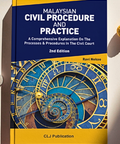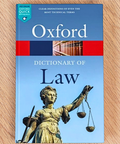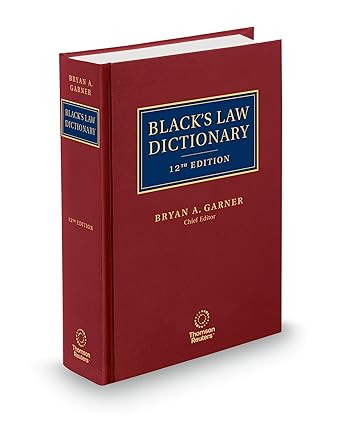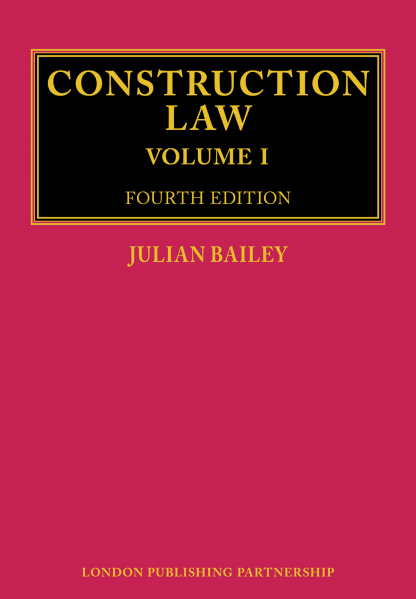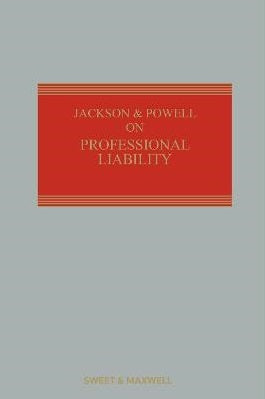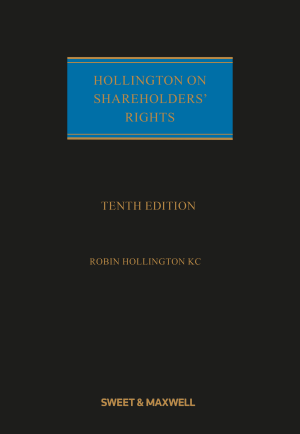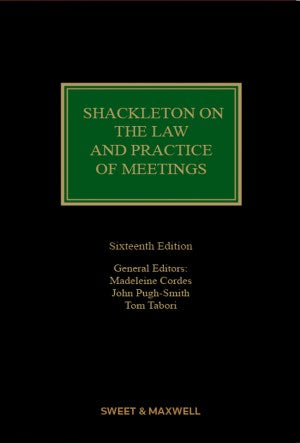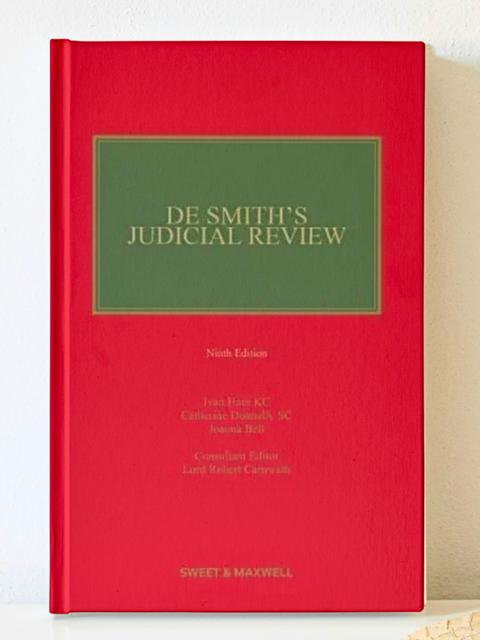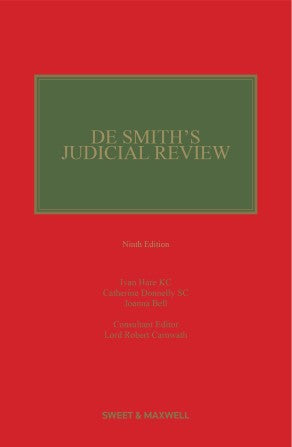![Married Women and Children Maintenance Laws [As At 1st June 2023]](http://www.joshualegalartgallery.com/cdn/shop/files/Template_Act_new_72.png?v=1718170781&width=480)
![Married Women and Children Maintenance Laws [As At 1st June 2023]](http://www.joshualegalartgallery.com/cdn/shop/files/Screenshot_2024-06-12_131801.png?v=1718170782&width=480)
![Married Women and Children Maintenance Laws [As At 1st June 2023]](http://www.joshualegalartgallery.com/cdn/shop/files/Screenshot_2024-06-12_131612.png?v=1718170782&width=480)
![Married Women and Children Maintenance Laws [As At 1st June 2023]](http://www.joshualegalartgallery.com/cdn/shop/files/cup_010ae61f-0256-42ac-b7d8-f1ad2157ad88.jpg?v=1718081532&width=480)
![Married Women and Children Maintenance Laws [As At 1st June 2023]](http://www.joshualegalartgallery.com/cdn/shop/files/Untitled_design_17.png?v=1718081548&width=480)
Married Women and Children Maintenance Laws [As At 1st June 2023]
Married Women and Children Maintenance Laws
[As At 1st June 2023]
Act 450 – An Act relating to married women.
Act 356 – An Act to provide for the enforcement of maintenance orders.
Act 60 – An Act to provide for the legitimation of children born out of wedlock.
Detailed Contents Of Married Women and Children Maintenance Laws :
In many countries, the law requires that husbands provide financial support to their wives and children, even in cases of separation or divorce. This is typically referred to as spousal and child maintenance.
Spousal maintenance, also known as alimony, is the financial support provided by one spouse to the other after separation or divorce. The purpose of spousal maintenance is to ensure that both spouses can maintain a reasonable standard of living after separation or divorce. The amount and duration of spousal maintenance varies depending on the specific circumstances of the case, including the length of the marriage, the income and earning capacity of each spouse, and the needs of any children.
Child maintenance, on the other hand, is the financial support provided by a parent to their children after separation or divorce. The purpose of child maintenance is to ensure that the children's needs are met, including food, clothing, housing, education, and medical care. Child maintenance is typically based on the income of the non-custodial parent, and the amount and duration of child maintenance varies depending on the specific circumstances of the case, including the needs of the children and the income of the non-custodial parent.
Many countries have laws that require parents to provide child support until their children reach the age of majority or become financially independent. In some cases, child support may continue past the age of majority if the child is still in school or has special needs.
In addition to spousal and child maintenance, many countries have laws that provide for the division of property and assets upon divorce or separation. The division of property and assets varies depending on the specific circumstances of the case, including the length of the marriage, the contributions of each spouse to the marriage, and the financial needs of each spouse.
It's worth noting that the laws related to married women and children maintenance are constantly evolving and vary by country. It's important to consult with a qualified attorney in your jurisdiction for specific legal advice related to your situation.
Married Women and Children Maintenance Laws Contains:
Married Women and Children (Maintenance) Act 1950 (Act 263)
Married Women Act 1957 (Act 450)
Married Women and Children (Enforcement of Maintenance) Act 1968 (Act 356)
Legitimacy Act 1961 (Act 60)
Latest releases
Get your copy today!




